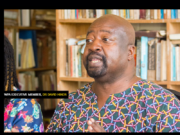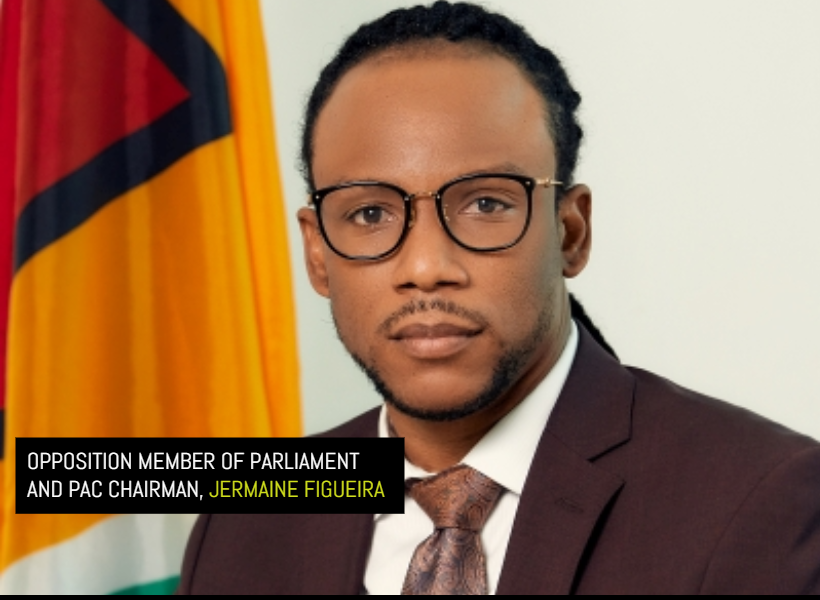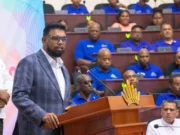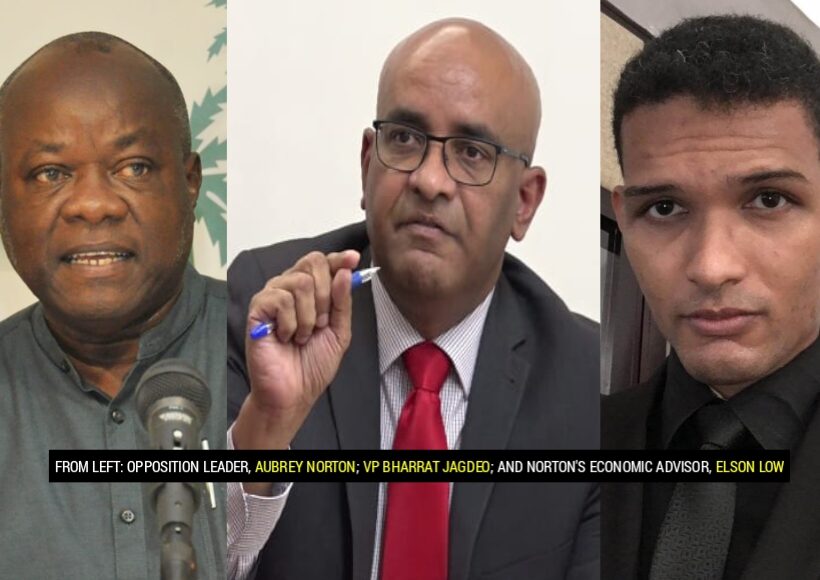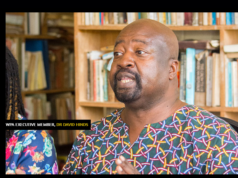By Sueann Wickham
As the Government of Guyana moves forward with its plans to establish two new model production sharing agreements (PSAs) to govern the country’s deep and shallow water concessions, the Aubrey Norton-led opposition appears to have wasted a golden opportunity to influence such a critical aspect of the country’s future. Instead of providing meaningful recommendations on what those contracts should entail, it chose to preach from the precipice of excuses.
It decried for example, that the more than two week timeline that was offered for the public’s feedback was insufficient. But this was later provided to be a baseless position.
Such a stance indeed raises profound doubts about the authenticity of its commitment to addressing crucial issues within Guyana’s oil and gas sector.
For greater context and in the interest of providing a holistic picture of the foregoing conclusion, Guyana Standard will recap in detail how the opposition has treated with the matter at hand.
On March 14, the Ministry of Natural Resources had released the two draft new model PSAs. It initiated a public consultation process, inviting the general public and various stakeholders to offer suggestions and voice their concerns. That process lasted for two weeks.
Norton and other opposition members vehemently criticized the short duration of the consultation, advocating for a minimum of two months and a comprehensive review in parliament. They insinuated that the truncated timeline was an attempt by the People’s Progressive Party (PPP) government to maintain secrecy and perpetrate corruption.
On April 13, Vice President Dr. Bharrat Jagdeo clarified that the government was still accepting submissions on the PSAs, even though the official deadline had passed. He emphasized the government’s commitment to taking every comment seriously and addressing public concerns in a thorough manner. Jagdeo also took the opportunity to respond to the opposition’s persistent heckling, characterizing it as laziness and highlighting their failure to submit any comments on the document, while also casting doubt on when, or if, they ever intend to do so.
The opposition further displayed a disheartening lack of interest in offering substantive insights on the PSAs and an inability to address other vital matters within the oil and gas sector during a prolonged press conference held on May 18. Aubrey Norton, accompanied by the Opposition’s Economic Advisor, Elson Low; Member of Parliament, Ganesh Mahipaul and others dedicated most of the almost- two hour conference to discussing non-oil issues in response to specific issues on the oil sector. Notably, they placed significant emphasis on an alleged “chicken shortage” that was later debunked as misinformation by Jagdeo. Moreover, when confronted with critical questions concerning oil and gas, including insurance coverage and local content, the opposition members evaded direct answers, exhibiting evasiveness and a lack of substantive engagement.
During the press conference, a reporter asked Norton about the 2021 Local Content Act, which has been publicly available for over a year, noting that the government is currently reviewing it to make updates and inquired whether the opposition had any proposed amendments or recommendations to offer. Norton responded by asserting that the party is currently formulating its policy positions and has the right to time their responses strategically, in line with their objectives. He said, “As a party we are working on our policy positions. While the newspaper has the right to try to ask whichever question it wants, as a party we have the right to time when we respond to achieve the objectives that we need to achieve”. He further dismissed the reporter’s question as a mere attempt by her newspaper of employ to pursue sensationalism, stating, “We understand that newspapers have interests, that they want things that will sell it.”
Moreover, when this publication questioned Norton and Low about the opposition’s intentions to make a submission on the PSAs and if they could state what their possible recommendations are, Norton responded by suggesting that the opposition does not operate in isolation and is actively engaging with experts and stakeholders to gather multiple perspectives before formulating a definitive response. He said, “The opposition doesn’t operate in a vaccuum. We have engaged persons involved in data. We did say that two weeks sometimes are too short for these things. We are engaging a number of people, getting various perspectives before we say this is what we’ll do”. He indicated that they are continuing their stakeholder engagements and will articulate their intentions once the consultations are complete.
He then went on to say that the government makes decisions “widly” and side-stepped yet again to speak about the chicken shortage issue,
Low also chimed in and criticized the government’s extension of the submission period, claiming that it was insincere and politically motivated, implying that they had always recognized the initial two-week timeline as inadequate. “The government is not genuine—is not serious when it says that it is going to listen to further submissions. Rather, this is a political ploy,” he stated.
Curiously, when pressed on how they could label the government’s extension as disingenuous without having made any attempts to submit their own recommendations, the opposition members avoided providing a substantive answer, further fueling doubts about their sincerity and commitment to constructive engagement.
As the government moves closer to finalizing the draft PSAs, incorporating feedback from various stakeholders, another policy review will follow to ensure alignment with the government’s objectives. The timely completion of these PSAs is crucial, as it sets the stage for the awarding of oil blocks under Guyana’s maiden auction, the 2022 Licensing Round. This auction will see the allocation of 14 blocks, comprising three deepwater blocks and 11 shallow water blocks, estimated to hold approximately 25 billion oil-equivalent barrels. The government aims to finalize the process by the third quarter of this year.
Unfazed by the opposition’s lack of participation, Vice President Jagdeo recently labeled them as “very lazy,” highlighting their failure to submit recommendations on key policies and legislative agendas. He anticipates that they may attempt to create issues when the policies are finalised, despite their lack of substantive engagement throughout the process.
As time ticks away on the finalization of the two PSAs, it remains to be seen whether the opposition will forfeit more significant opportunities to influence oil sector policy.
Indeed, the discrepancy between the opposition’s criticisms and its failure to contribute constructive recommendations raises serious questions about its dedication to the welfare of Guyana’s oil and gas industry. It calls into question too, its motives and highlights the need for genuine engagement and constructive dialogue to shape policies that will ultimately benefit the country and its citizens.


